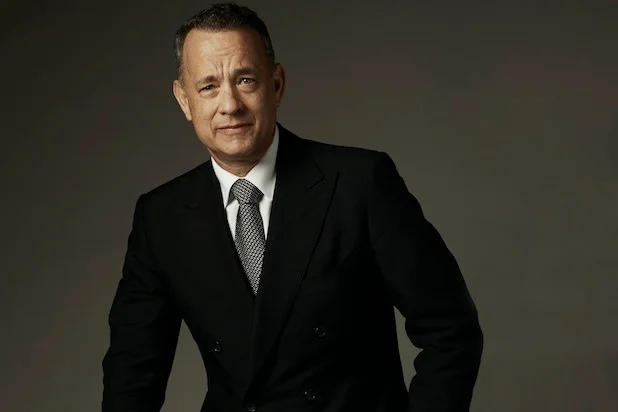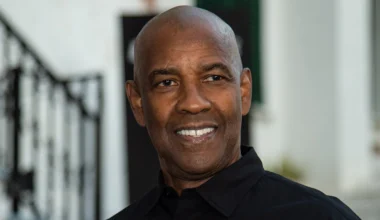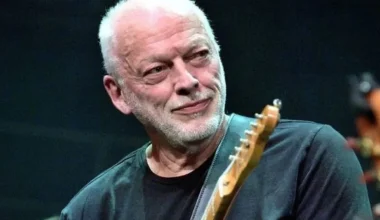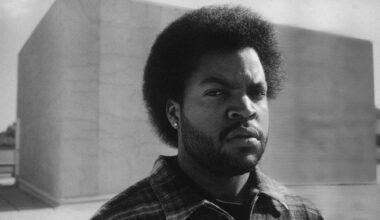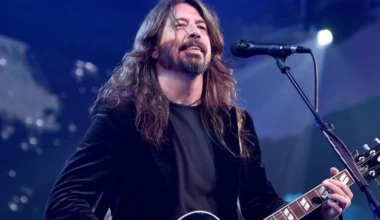Prior to accomplishing an Academy Awards feat that had only ever been managed once before, Tom Hanks was still trying to carve out sustained success as a dramatic actor after rising to fame through a string of popular comedies.
It was his first dramatic performance in 1987’s Nothing in Common that opened his eyes to the complexities required to achieve the next stage in his evolution. Just seven years later, he’d become the second person in history to win back-to-back Oscars for ‘Best Actor’ for Philadelphia and Forrest Gump.
The latter was a critical sensation, commercial powerhouse, and awards season juggernaut at the height of its popularity. While time hasn’t been quite so kind to the film’s standing and legacy, Hanks wouldn’t even consider starring in the former were it offered to him today for entirely different reasons.
In Jonathan Demme’s legal drama, Hanks plays Andrew Beckett, a gay man with HIV who hides those facts from his peers and colleagues so as not to compromise his career. However, when he ends up being fired as a result once the truth emerges, he partners with Denzel Washington’s Joe Miller to sue for discrimination.
Speaking to The New York Times, Hanks acknowledged that as a straight man, he wouldn’t star in the project today. Asking the rhetorical question, “Could a straight man do what I did in Philadelphia now?” he answered with a firm “no” before adding, “And rightly so”.
Explaining why, Hanks referred to the societal attitudes of the early 1990s, underlining that “the whole point of Philadelphia was don’t be afraid”. As a result, he believed “one of the reasons people weren’t afraid of that movie is that I was playing a gay man”. Of course, Hanks would swiftly note how “we’re beyond that now”, reinforcing that he was adamant an audience wouldn’t accept “the inauthenticity of a straight guy playing a gay guy”.
Continuing, Hanks conceded that if Philadelphia was announced in the modern era, “someone would say we are going to demand more of a movie” in terms of its authenticity and having a gay actor play the role of a gay man. He’s entirely correct, but it’s also completely true that Hollywood was hardly brimming with openly gay male performers who a major studio would hire to headline a movie that would ultimately earn more than $200million at the global box office when Philadelphia first released in 1993.
Thankfully, times have changed significantly since then. This is something Hanks is fully aware of, even if his stance on Philadelphia when apprised through the lens of the 2020s saw him make a point of noting that he didn’t want his opinion to come across as “preaching”, despite saying nothing that isn’t 100% accurate.
